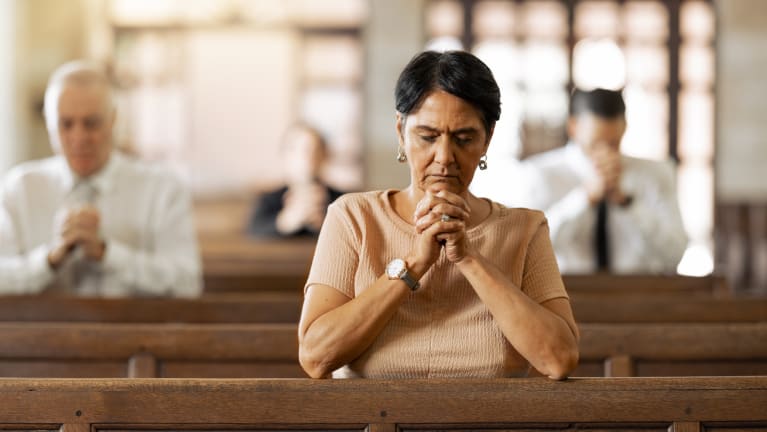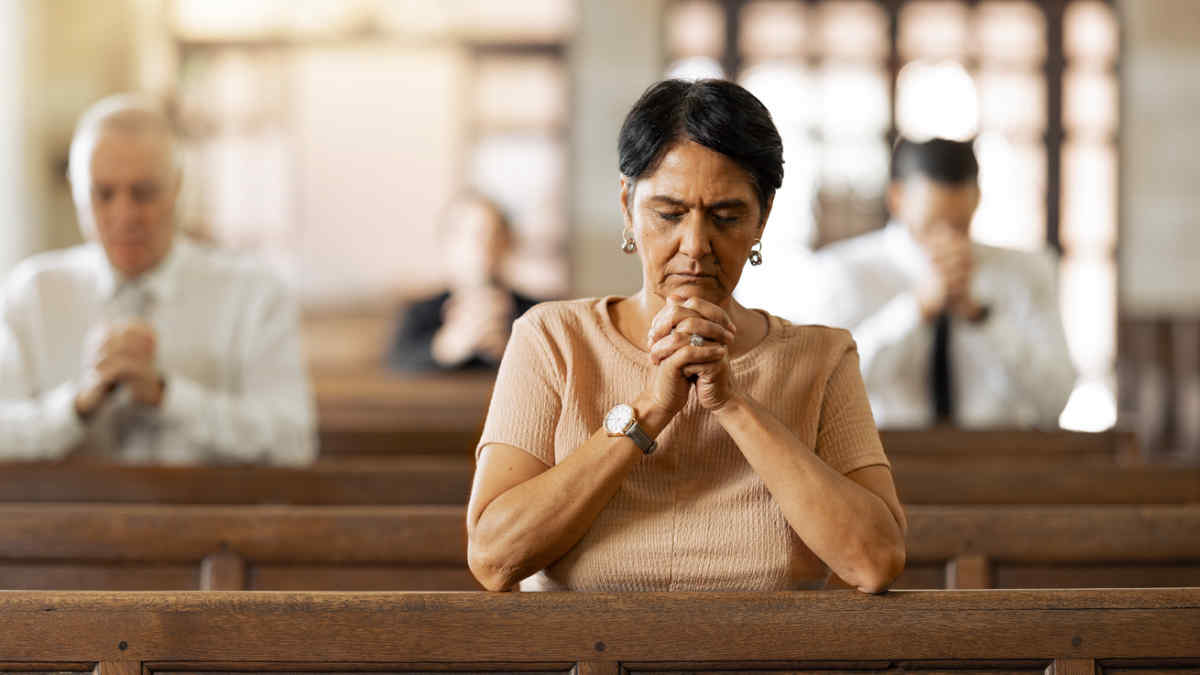

?The U.S. Supreme Court on April 18 wrestled with the rules employers should follow for granting workers religious accommodations.
During oral arguments, the court considered whether to maintain or revise the Hardison standard, which says an employer doesn’t have to provide a religious accommodation if it would impose more than a de minimis burden on the employer, meaning more than a trivial cost.
Background
Under Title VII of the Civil Rights Act of 1964, employers must reasonably accommodate all aspects of an employee’s religious observance or practice that can be accommodated without creating an undue hardship for the employer’s business.
Gerald Groff, a former postal worker, sued the U.S. Postal Service (USPS) for failing to accommodate his religious practice. Groff is a Christian who observes a Sunday Sabbath, meaning he doesn’t work on that day. The USPS does not deliver mail on Sundays, but it does have a contract to deliver packages for Amazon that includes Sundays.
The U.S. District Court for the Eastern District of Pennsylvania held that exempting Groff from Sunday deliveries caused undue hardship because it negatively impacted Groff’s co-workers, who had to fill in for him, and it may also require the USPS to violate a collectively bargained agreement.
The 3rd U.S. Circuit Court of Appeals agreed and ruled that the accommodation constituted an undue hardship because it disrupted workflow and diminished employee morale.
What Constitutes Undue Hardship?
The oral arguments before the Supreme Court focused on how to define “undue hardship.”
Elizabeth Barchas Prelogar, the U.S. solicitor general, represented the USPS. She said that exempting Groff from work every Sunday violated his co-workers’ contractual rights, interfered with the timely delivery of mail and caused at least one co-worker to quit. “There is no justification now to dispense with Hardison and discard all of that precedent,” she said.
However, Aaron Streett, an attorney with Baker Botts in Houston, representing Groff, argued that the court should construe “undue hardship” to mean “significant difficulty or expense.” He said the de minimis test “violates the statute’s promise that employees should not be forced to choose between their faith and their job. … It allows employers to deny accommodations far short of any fair meaning of undue hardship. The government believes undue hardship arises whenever there is lost efficiency, weekly payment of premium wages, or denial of a co-worker’s shift preference.”
Reduced employee morale is not enough to prove undue hardship, Streett said.
Justice Elena Kagan supported maintaining the status quo. “We’ve said over and over that when there’s a statute involved, rather than the Constitution, stare decisis is at its peak” and precedent holds, she said.
However, Justice Brett Kavanaugh favored changing the standard, saying, “I think Hardison has to be interpreted in light of Footnote 14, which talks about not de minimis costs, but substantial expenditures or substantial additional costs.”
The justices examined whether having to operate shorthanded, pay premium pay or pay overtime would constitute an undue hardship.
“The burden can be economic costs or noneconomic costs. Courts will consider impacts on health and safety, particularly if the accommodation would cause or increase safety risks. The burden can also include effects on co-workers’ ability to do their jobs,” Dawn Solowey, an attorney at Seyfarth in Boston, told SHRM Online.
Under the existing standard, if the employer would need to violate a collective bargaining agreement to accommodate a Sabbath request, that may be considered an undue hardship, Solowey noted.
Providing Reasonable Accommodations
A Sabbath accommodation could apply to a number of faiths. For example, Seventh-day Adventists, Orthodox Jews and members of the Church of Jesus Christ of Latter-day Saints are generally not permitted to work on the day they observe the Sabbath.
Justice Samuel Alito noted, “We have amicus briefs here by many representatives of many minority religions—Muslims, Hindus, Orthodox Jews, Seventh-day Adventists—and they all say that … Hardison has violated their right to religious liberty.”
Streett replied, “The statute does frame this in terms of the person who asks for the accommodation and believes their religious practice requires them to do something.”
Prelogar said lower courts have frequently granted workers’ requests for religious accommodations.
Examples of religious accommodations include scheduling changes, voluntary shift substitutions, job reassignments, modifying the company dress code or grooming policy, or designating a private location in the workplace where a religious observance can occur. Using paid vacation or unpaid leave could be an accommodation for observing the Sabbath.
“What accommodations are reasonable will depend on the nature of the employee’s request and the particular job at issue,” Solowey said.
It’s unclear when the high court will issue a ruling in the Groff case, but it’s likely to happen before the court recesses in June.
In the meantime, “[e]mployers should ensure that they have religious accommodation requests forms and policies regarding religious accommodations,” Mariah McGrogan, an attorney with Reed Smith in Pittsburgh, told SHRM Online. “It is possible that these policies and documents will need to be revised after this case is decided, and employers should be prepared to quickly take any actions necessary.”

